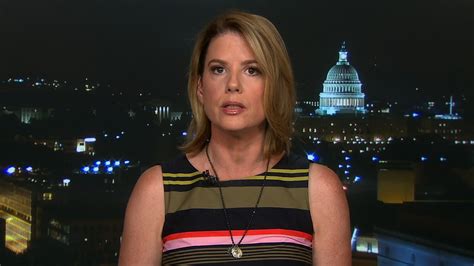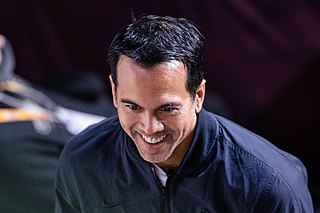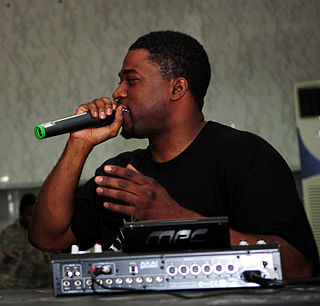A Quote by D'Angelo
You have to know the forces that are against you and that are trying to break you down. We talk about the problems facing the black community: the decimation of the black family; the mass incarceration of the black man; we're talking about the brutality against black people from the police. The educational system.
Related Quotes
When you talk about "white privilege", you're talking about something systemic. When you're talking about "black privilege" it's something spiritual because we as black people tap into a divine system that a lot of other cultures and races can't tap into and that system allows us to prosper in spite of everything that's been thrown our way from slavery to segregation to mass incarceration. We have a privilege pre-ordained by God that nothing and no one can stop.
I felt like it was a courageous show [Black-ish] from the beginning. We are a black family - we're not a family that happens to be black. But the show is not even about us being black. The show is about us being a family. That is groundbreaking - on TV, the black characters either happen to be black or they're the "black character," where everything they say is about being black. I think that's the genius.
Arguably the most important parallel between mass incarceration and Jim Crow is that both have served to define the meaning and significance of race in America. Indeed, a primary function of any racial caste system is to define the meaning of race in its time. Slavery defined what it meant to be black (a slave), and Jim Crow defined what it meant to be black (a second-class citizen). Today mass incarceration defines the meaning of blackness in America: black people, especially black men, are criminals. That is what it means to be black.
Remember, we're talking [in The Black Power Mixtape] about 1967, the year before [Martin Luther] King's assassination. We're talking about the emergence of black power, which is a discussion King mentioned in his last book, Where Do We Go from Here: Chaos or Community? We're talking about the meaning of black power and the possibility that it alienated our supporters, both white and black.
I'm not talking about my children's father'he's a wonderful black man, the hero of my life, and he's never disrespected or betrayed me. But I'm talking about what I see in the streets and in the media, this naked hatred that black men have towards the authentic black woman'which is really an indication of black men's hatred for blackness itself.
Within the lesbian community I am Black, and within the Black community I am a lesbian. Any attack against Black people is a lesbian and gay issue, because I and thousands of other Black women are part of the lesbian community. Any attack against lesbians and gays is a Black issue, because thousands of lesbians and gay men are Black. There is no hierarchy of oppression.
If a dog is biting a black man, the black man should kill the dog, whether the dog is a police dog or a hound dog or any kind of dog. If a dog is fixed on a black man when that black man is doing nothing but trying to take advantage of what the government says is supposed to be his, then that black man should kill that dog or any two-legged dog who sets the dog on him.
My concern was first, for the black people of Mississippi, then I became concerned for black people nationwide, now my concern is for black people all over the world. I began to realize that it's not as much about race as we think it is. It's about the rich vs. the poor. I feel as if the different races are pitted against one another so we won't see the bigger (financial disparity) problem.




































